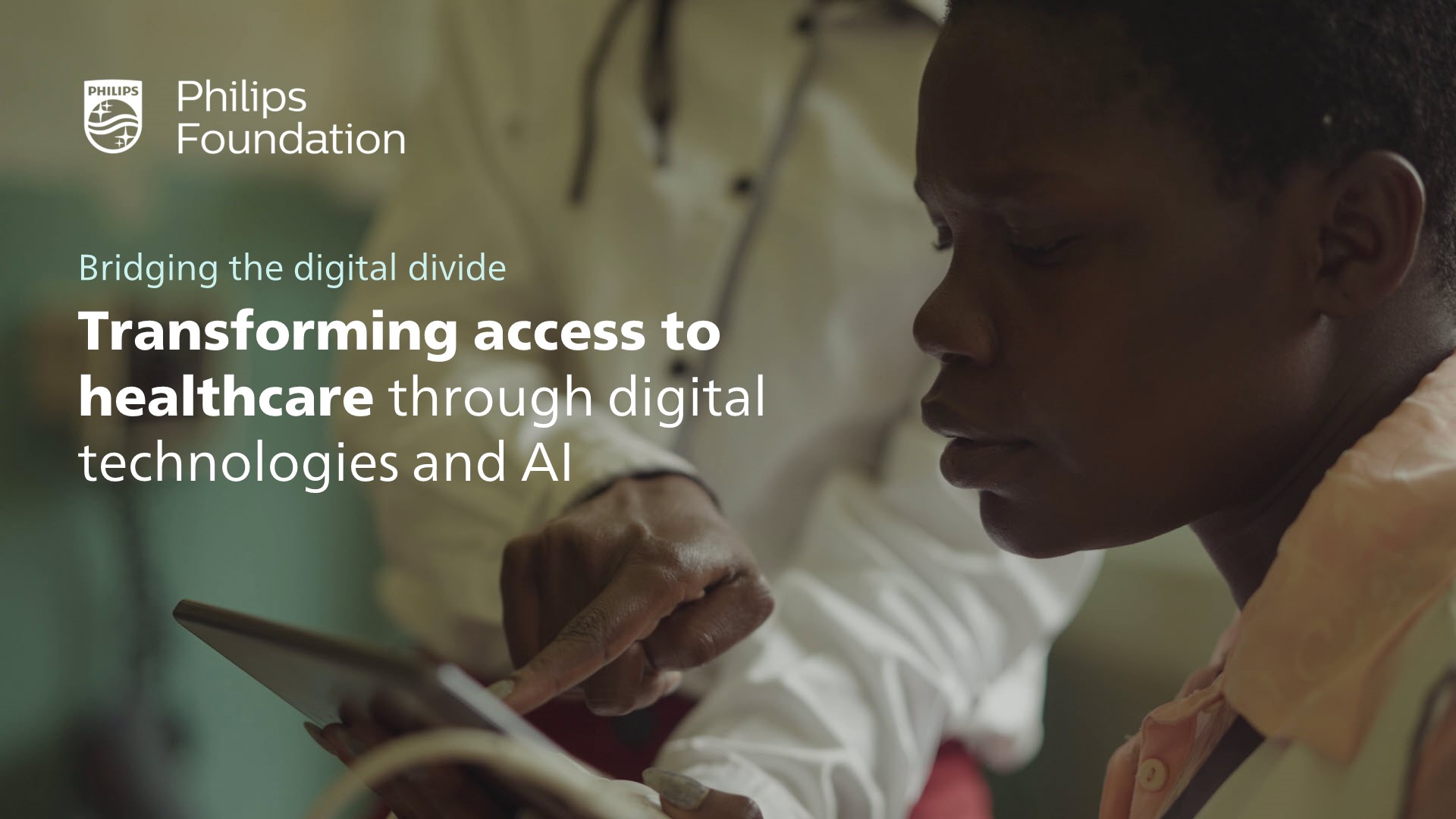Background information
Digital technologies have the potential to improve access to care, especially in underserved communities. Integration of digital technologies and artificial intelligence (AI) in the delivery of care has been shown to improve access to care, enhance efficiency, improve patient outcomes, and transform how care is delivered.
In recent years there has been enhanced use of digital technologies in healthcare, with the increase in usage of digital solutions such as telehealth for improved access and continuity of care. And according to Harvard Business Review, the telehealth era might be just beginning.
More recently AI is transforming the delivery of care. For example, AI chatbots are being used to optimize patient engagement and improve efficiency in patient engagement while AI algorithms are being used in medical imaging to improve image acquisition and interpretation. However, for these innovations to scale there is a need to overcome barriers in health regulation, data security and privacy, trust by providers and patients, and technological barriers such as internet connectivity.
Philips Foundation has a mission to provide access to quality healthcare for 100 million people a year in underserved communities by 2030. Digital and technological innovation is one of the key pillars of the Philips Foundation that will enable improvements in access to care in underserved communities. In this webinar, we aim to share learnings on innovative digital solutions that integrate artificial intelligence to improve access to care in underserved communities.

